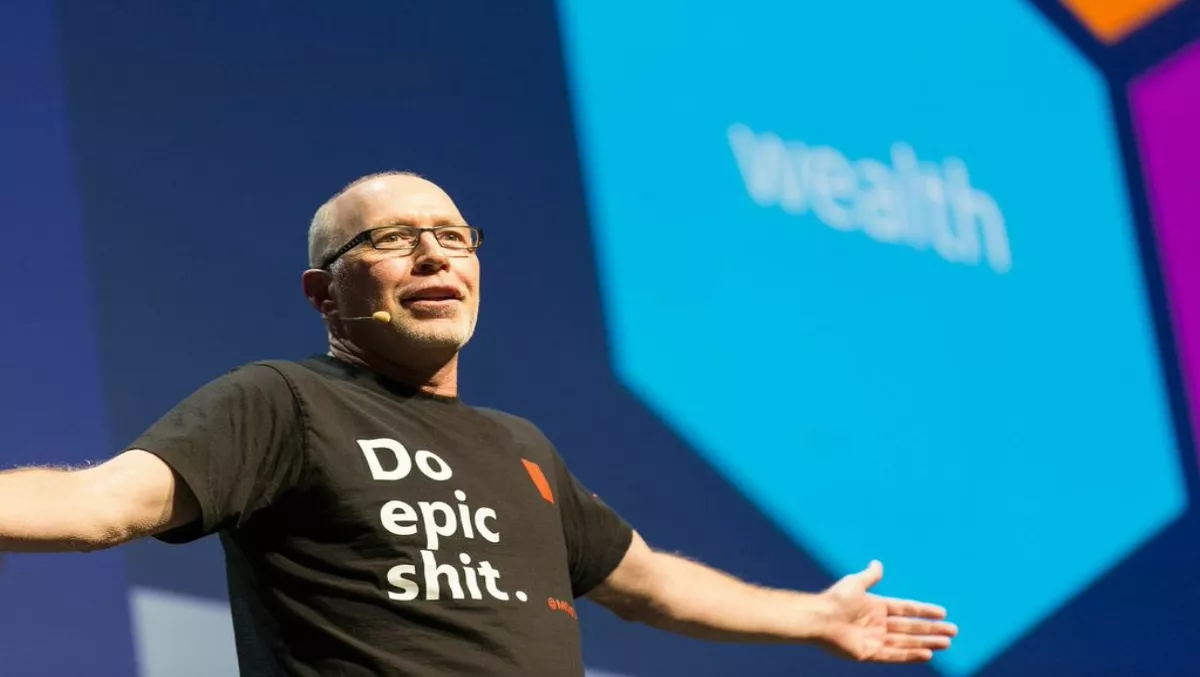
Casually chatting across boardroom chairs, a relaxed James Whittaker dismissed the notion of work-life balance.
“It’s just balance,” said the Microsoft Technical Evangelist, speaking following his show-stopping keynote address at TechEd NZ 2014.
“We need to move away from the enterprise, home, consumer, work etc because work-life balance doesn’t make a lot of sense these days.
“I’m convinced work has invaded life and life has invaded work and as a result it’s very difficult to distinguish the two.”
Wowing the TechEd audience with a memorable opening speech, Whittaker delved deep into the art of capturing intent, offering an insight into the future of technology and why smart devices will actually live up to their titles in the coming years.
Long gone are the days of suggestive search, or even simply suggest technology added Whittaker, who discussed the notion that a proactive approach to data is the latest emerging trend.
“We’re already doing suggest, it’s not smart just active, proactive,” he added.
“The idea of making suggestions based on past behaviour is something I think has been around for a while, but the idea of capturing intent is new.”
Whittaker believes the growth of capturing intent is going to explode, sooner rather than later.
“Why would apps want their users to leave?” he asked. “If you have lots of users using your software but they are stopping, going to the web or another app to gather information, why wouldn’t apps instead want to keep users in the app using their software as a loyal customer?
“The app can collect pieces of the web and bring it to users and machines do this a lot better than the humans.”
Labelling the web as a stop-start experience which considerably favours advertisements, Whittaker proposed a world where the interaction is centred around a value based economy, transactions between “you and I - which makes it very difficult to interrupt through advertisements.”
“It’s no surprise that Ad Blocker is top of the Google Play app store,” added Whittaker, a former Google employee.
“While there will never be a point when ads are dead, subscription based apps are the future.
“If people want to write code through Visual Studio and there is a value proposition which draws users in enough that they are willing to pay for it, subscriptions can replace the lost revenue of ads.
“And that subscription money can be used to pay the people who contribute value to the eco-system. If you write code and put it into Visual Studio here’s some money.
“This way everybody gets paid through this model but right now only Google, Facebook, Twitter and Bing are bringing in the money.”
A captivating figure within the industry, Whittaker not only sees the future of technology, he is acting on it…